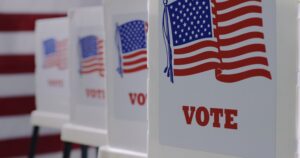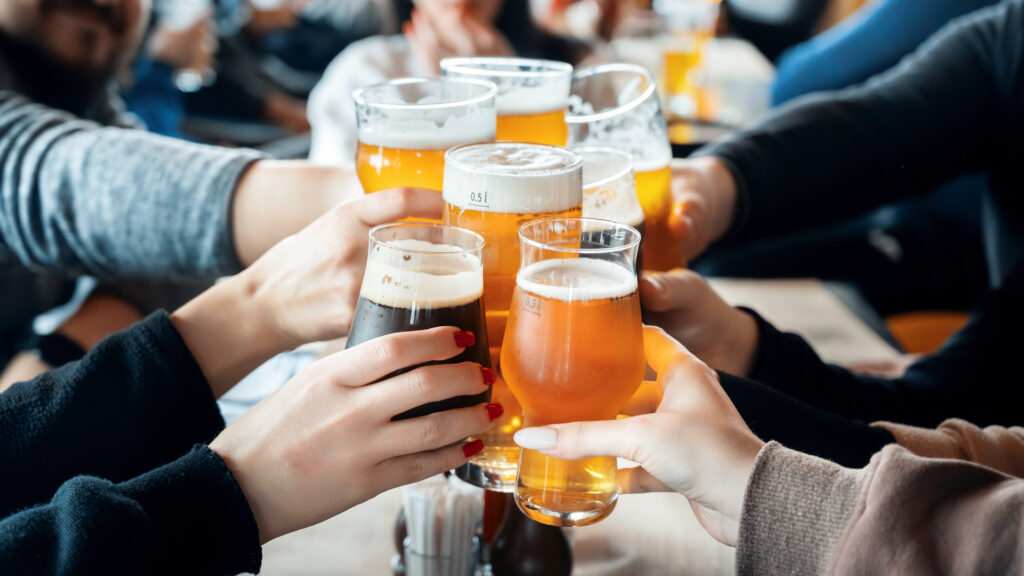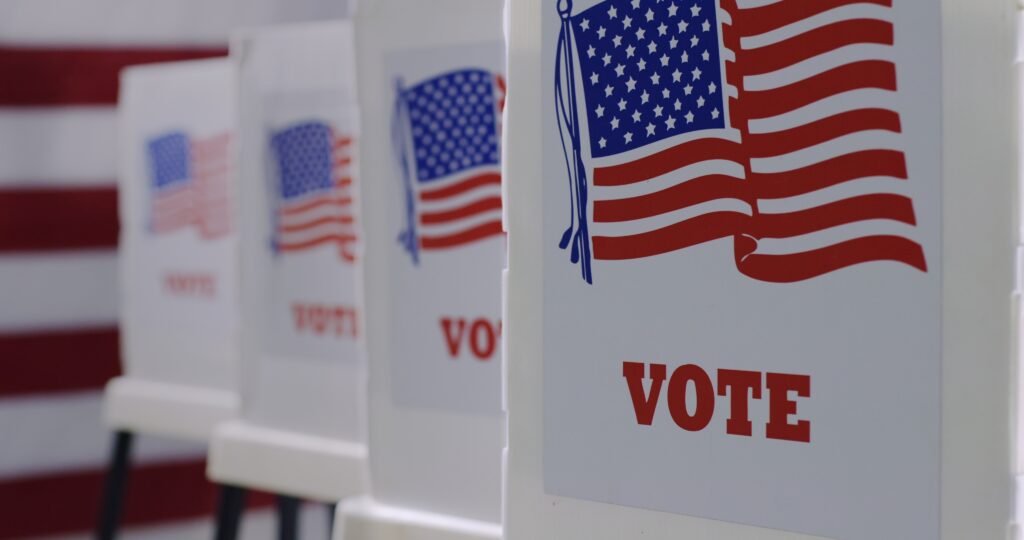Intoxicating Hemp and Cannabis
Intoxicating Hemp and Cannabis
Beer has been part of American culture for hundreds of years and remains America’s most popular alcohol beverage, and with its moderate alcohol content, beer can be enjoyed sensibly and responsibly.
Brewers and beer importers dedicate significant resources and attention to responsibility efforts and have long been committed to responsible advertising, community service, and working with state and local governments, law enforcement and third parties to promote public safety.[1]
Therefore, the Beer Institute maintains the following principles on intoxicating hemp and cannabis:
-
The legalization of consumable cannabis products is for American voters, state legislatures and Congress to decide.
-
The Beer Institute supports efforts underway by lawmakers to close an unintended federal loophole that is enabling the proliferation of unregulated intoxicating hemp products across the country, including those containing synthetically derived THC.
-
Government experts [2] have publicly highlighted the lack of scientific data regarding the consumption of intoxicating hemp and cannabis products.
-
Intoxicating hemp and cannabis products are fundamentally different than beer and the taxation of them by government entities should reflect these stark differences just as governments at all levels in the United States have consistently reaffirmed the different tax treatment between beer, wine and hard liquor.
Below is additional detail on the Beer Institute’s principles on intoxicating hemp and cannabis, which focus on four key areas: revenue, regulation, responsibility and research.
Revenue
If legalized, the Beer Institute supports the establishment of a federal excise tax rate on intoxicating hemp and cannabis, with the tax rate set higher than the highest rate for any beverage alcohol product.
Regulation
The Beer Institute supports a robust regulatory framework designed to promote public safety and consumer awareness and implemented by the appropriate government agency for intoxicating hemp and cannabis products, if legalized.
If intoxicating hemp and cannabis products are legalized, any burden placed on a regulatory agency must be fully resourced and appropriately staffed to ensure proper oversight and enforcement of the law.
Regulators at the federal, state, and local levels should prohibit co-location of the sale of alcohol beverages in the same retail venues as intoxicating hemp and cannabis products, if legalized, and further, to avoid consumer confusion, intoxicating hemp and cannabis products, if legalized, should only be sold in dispensaries.
Responsibility
The Beer Institute supports a “zero tolerance approach” for THC-impaired driving until proper field measurement technology and protocol are widely available and guidance on safe levels of consumption is established. [3]
The Beer Institute calls on the intoxicating hemp and cannabis industry to dedicate resources to develop the use of roadside testing equipment by local and state law enforcement to detect the presence of intoxicating hemp and cannabis in drivers.
The Beer Institute supports prohibitions on public consumption of intoxicating hemp and cannabis products that mirror those presently in place for tobacco[4].
The Beer Institute supports potency testing and warning label requirements for intoxicating hemp and cannabis products, if legalized.
The Beer Institute supports efforts to ensure that packaging and advertising for intoxicating hemp and cannabis products, if legalized, do not primarily appeal to those under 21.
Even if intoxicating hemp and cannabis product are legalized, the Beer Institute supports continuing the federal prohibition against combining intoxicating hemp and cannabis with alcohol.
[1] https://madd.org/decide-to-ride/
[2] FDA Regulation of Cannabis and Cannabis-Derived Products, Including Cannabidiol (CBD). U.S. Food and Drug Administration. https://www.fda.gov/news-events/public-health-focus/fda-regulation-cannabis-and-cannabis-derived-products-including-cannabidiol-cbd#food. (FDA has not determined that THC is “generally recognized as safe (GRAS) by qualified experts.”)
[3] Alcohol and Drug Prevalence Among Seriously or Fatally Injured Road Users, National Highway Traffic Safety Administration. December 2022. https://rosap.ntl.bts.gov/view/dot/65623. (THC is most prevalent substance detected in serious injury or fatal roadway crashes)
[4] According to the CDC’s 2023 Behavioral Risk Factor Surveillance System (BRFSS) data, smoking is the most common mode of cannabis use, with 76.9% of past month cannabis users reporting they smoked cannabis.













